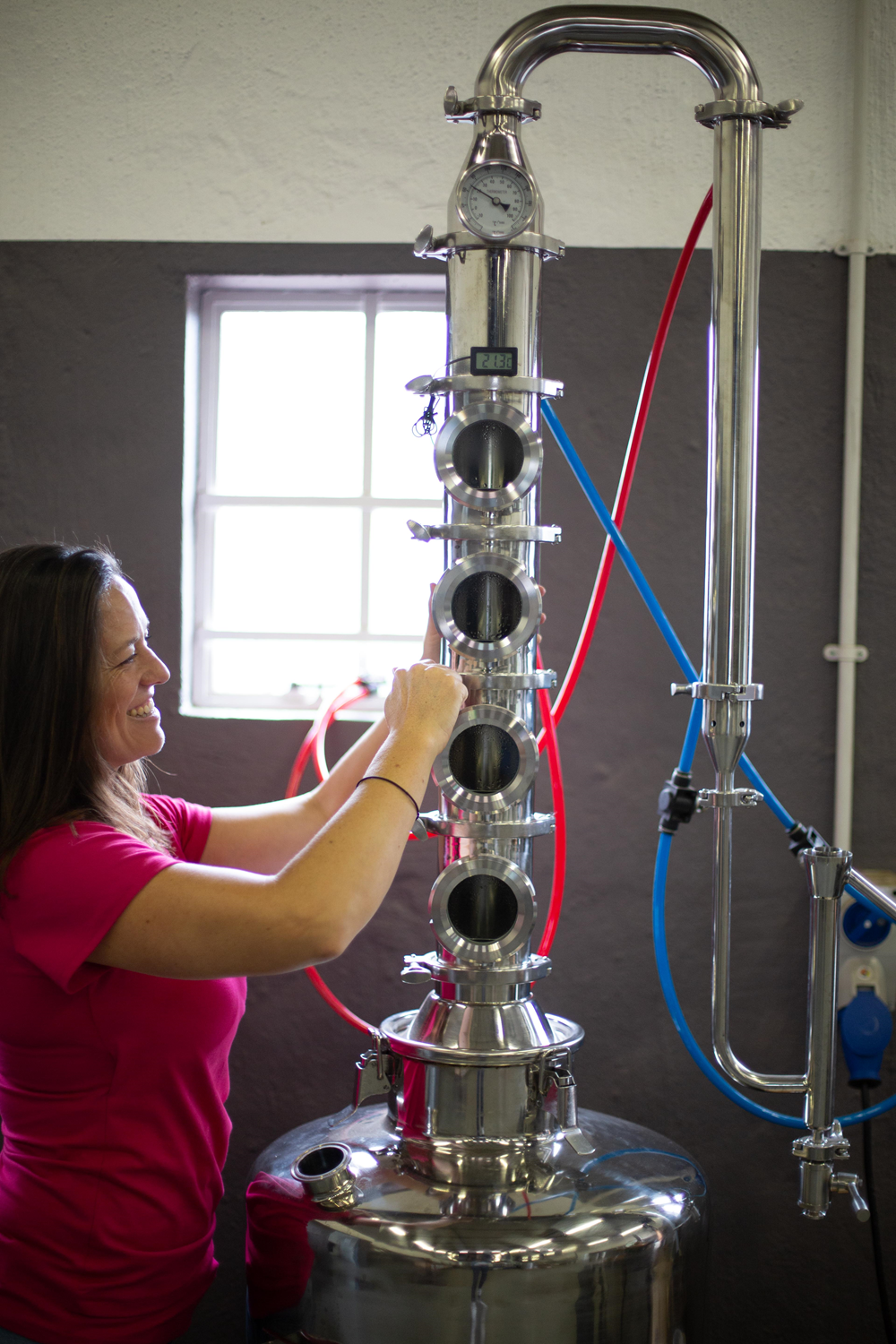
What is distilling?
Share

Getting down to the basics!
We all know and love our favorite spirit and its unique taste, but where does it all start? What is the process and how do we get to the end result?
In this post we will be taking a look at the distilling process and where our spirit comes from.
So first off, we have to start with a fermentation. To make alcohol, you need to ferment something.
For this step you need sugar (from the raw material), water, yeast. The basics of fermentation is introducing the sugars to liquid and yeast. The yeast processes the sugar into alcohol and after some time, there is no sugar left as they have all been consumed by the yeast.
The next step is distilling.
Distillation is the process involving the conversion of a liquid into a vapour that is subsequently condensed back to a liquid. Explained in its simplest form, it is when steam from a kettle becomes deposited as drops of distilled water on a cold surface. This basic operation requires the use of a still in which a liquid is heated, a condenser to cool the vapour and a receiver to collect the distillate.
The purpose of distilling is to separate liquids from nonvolatile solids as in the separation of alcohol liquors from fermented materials, or the separation of two different liquids having different boiling points.
To get a high ABV (alcohol by volume) you need to physically separate the alcohol from the water using evaporation and condensation. This is known as Distilling. Once a liquid fermentation is complete, the liquid is heated in a still. The methanol is boiled off and the drinkable alcohol is collected.
Once you are left with a base neutral, you can either distill it again to get a higher ABV or you can go directly to the infusion process.
Because we use vapour infusion, we are looking for a very high ABV to get the most flavour out of our botanicals, so all our gins are triple distilled.
After distillation, the next step is infusion. These are the basic infusion methods.
- Steeping:
With this method you mix the ethanol and botanicals in a pot still over a heat source. The botanicals steep into the base neutral.
Depending on the flavor profile you are looking for, you can remove the botanicals promptly or you can let them steep for longer.
- Vapor infusion:
This method uses a modified still, Carter-head still, equipped with a suspended basket. The basket contains the botanicals you use in your recipe and it hangs over your base neutral. When the spirit is heated, the ethanol vapors rise into the botanical basket and the botanicals release their essential oils into the vapors, which reliquefies and carries the botanical flavors with them.
Some distilleries use both the steeping and vapor infusion methods and blend the two finished products together to make a compound spirit.
Here at The Capital Distillery we use vapour infusion, ensuring delicate treatment of our botanical flavours remain intact for the final product.
